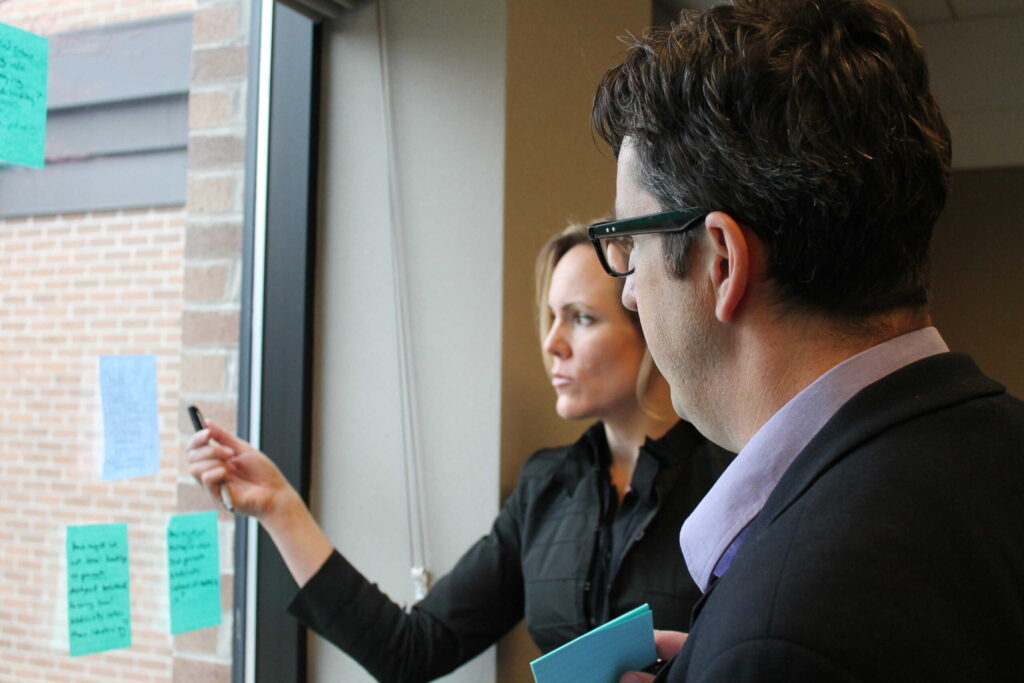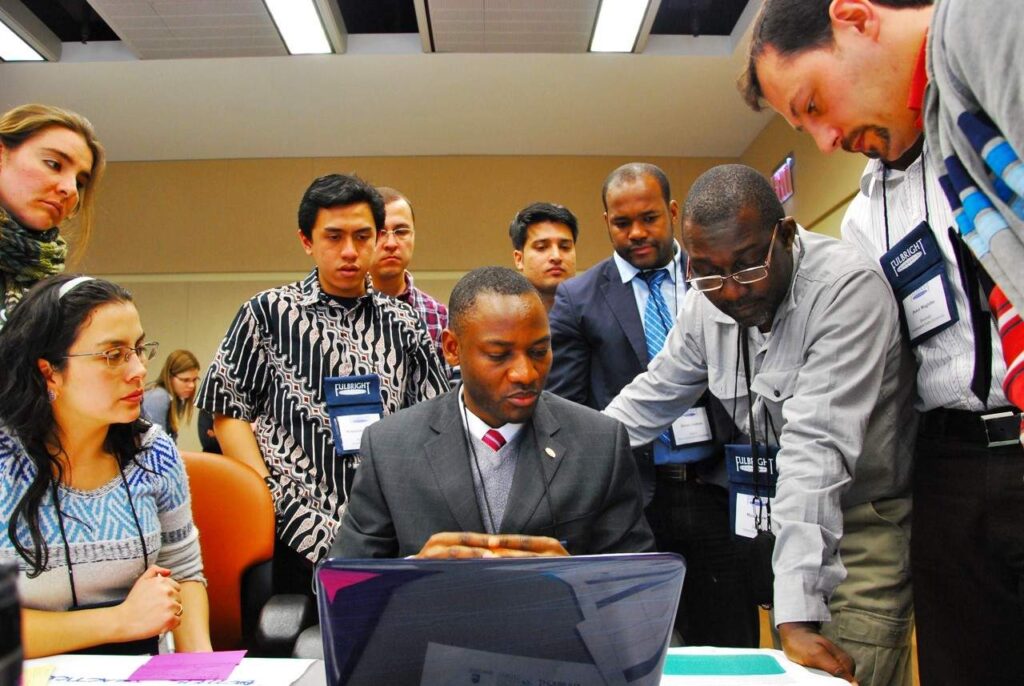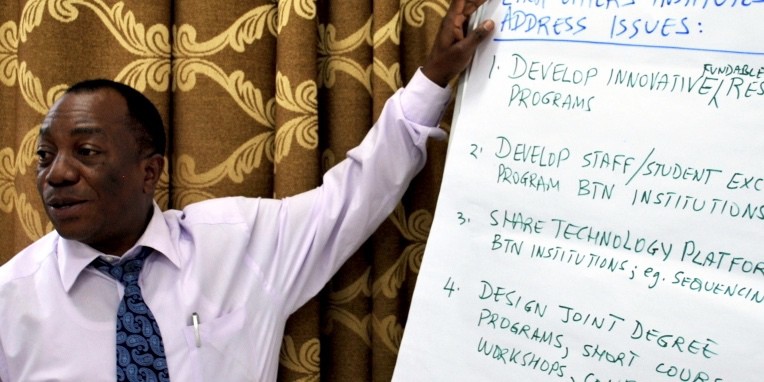How might we better lead systems change and deliver sustainable results?
Defining a new form of leadership fit for the era of complexity
Challenge
Systems are all arounds us. They drive many of the challenges we will face throughout the 21st Century. Some of these systems are relatively simple, like the lock on a door. These can be readily understood through a prism of linear causality—”if this, then that”. But other systems, including those most pertinent to the challenges international development seeks to address, are incredibly complex. These systems are made up of countless actors and interactions, which are also being influenced by a multi-faceted enabling environment composed of culture, policy, rules, norms, and a host of other forces. Changing these systems is hard and defies the ability of any single actor or institution. But while we have advanced our ability to recognize the difficulty of challenges that emerge from complex systems, we have not evolved our notions of leadership to match. Often, we still envision the leader as that singular individual who makes the decisions and pushes things forward. But if we are to solve 21st Century challenges, we will need a 21st Century form of leadership suited for complexity.
Solution
GKI’s research team, in conjunction with USAID, set off to learn more about what this 21st Century form of leadership might look like—what we call Systems Leadership. Ideas about leadership come from nearly every field—business management, cognitive psychology, and political science are just a few examples that point to the diversity of academic disciplines that proffer theories on leadership. But our team was interested in understanding how leadership can be utilized to catalyze change in a complex system. To answer this, the team designed a two-pronged research methodology that scanned literature from 12 disciplines along a spectrum spanning from complexity science to leadership studies. Simultaneously, the team interviewed 25 experts from thought leading organizations like the Ashoka Foundation, FSG, the Massachusetts Institute of Technology, and the World Economic Forum.
“USAID is accustomed to working in complex and shifting systems — something which has influenced our need to both understand how a system can influence a partnership or activity, and how we can unlock leadership potential within a system to influence systems change. We hope, through this research, to better understand the characteristics and skills of system leaders so we can apply them to strengthen this capacity within USAID. These goals have both long and short-term objectives, and GKI’s analysis is helping us kick start this effort.” – Cristine Geers, Innovation Advisor, U.S. Global Development Lab
The goal is for these findings to support engagement with USAID staff, improve their understanding of Systems Leadership, and help them apply these insights in their work. To aid this, the team synthesized the research into a brief introductory document and infographics that illuminate core concepts to Systems Leadership. These insights offer resources and guidance to international development practitioners asking the following questions: (1) What is Systems Leadership? (2) What contexts warrant Systems Leadership as a strategy for change? (3) How does one engage in leadership of this kind? (4) What case studies might help illustrate it? (5) How can individuals build their capacity to engage in Systems Leadership? and (6) how might a Systems Leader use monitoring, evaluation, research, and learning to understand the effect their interventions have on a system? GKI briefed a group of USAID staff on these findings in early February 2018, and USAID’s Global Development Lab is leading further efforts for dissemination by integrating research insights into training materials that will be shared with USAID Missions around the world.
Results / Outcomes
- Conducted a research process that synthesized insights across 12 academic disciplines and 25 thought leaders from around the world
- Defined a framework for understanding Systems Leadership in relation to other leadership styles
- Identified the most common challenges presented by complex systems in an international development context
- Developed a framework for understanding the approaches that Systems Leaders can use to activate the component parts of a system, and documented over 50 practical tools and resources for doing so
- Constructed three illustrative case studies of Systems Leadership in action
- Created a DIY learning guide to support the development of capacities relevant to Systems Leadership
- Offered a preliminary Monitoring, Evaluation, Research, and Learning framework for creating, adapting, and iterating on Systems Leadership strategies
- Briefed 40+ USAID headquarters and field mission staff on the findings of this research and potential applications for their work
Resources
- Systems Leadership Skills Builder – A graphical overview of how to build the skills to engage in Systems Leadership
- Leadership Styles for Systems Change – GKI’s simple way to differentiate Systems Leadership from other forms of leadership
- An Introduction to Systems Leadership – An introduction to the concept, case studies, skills, and learning journeys that support Systems Leadership




